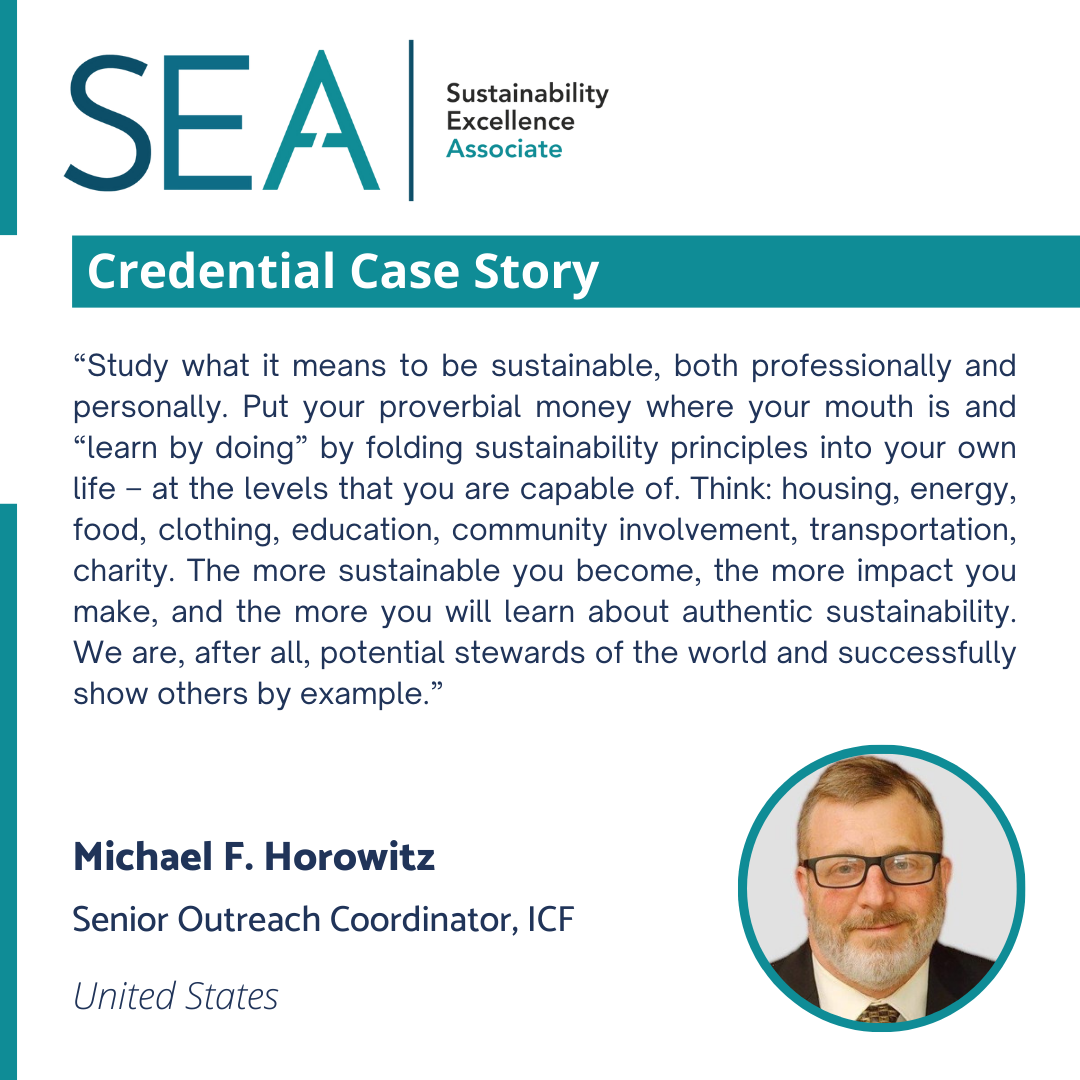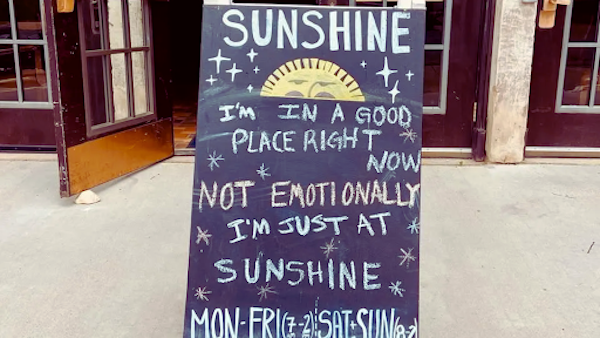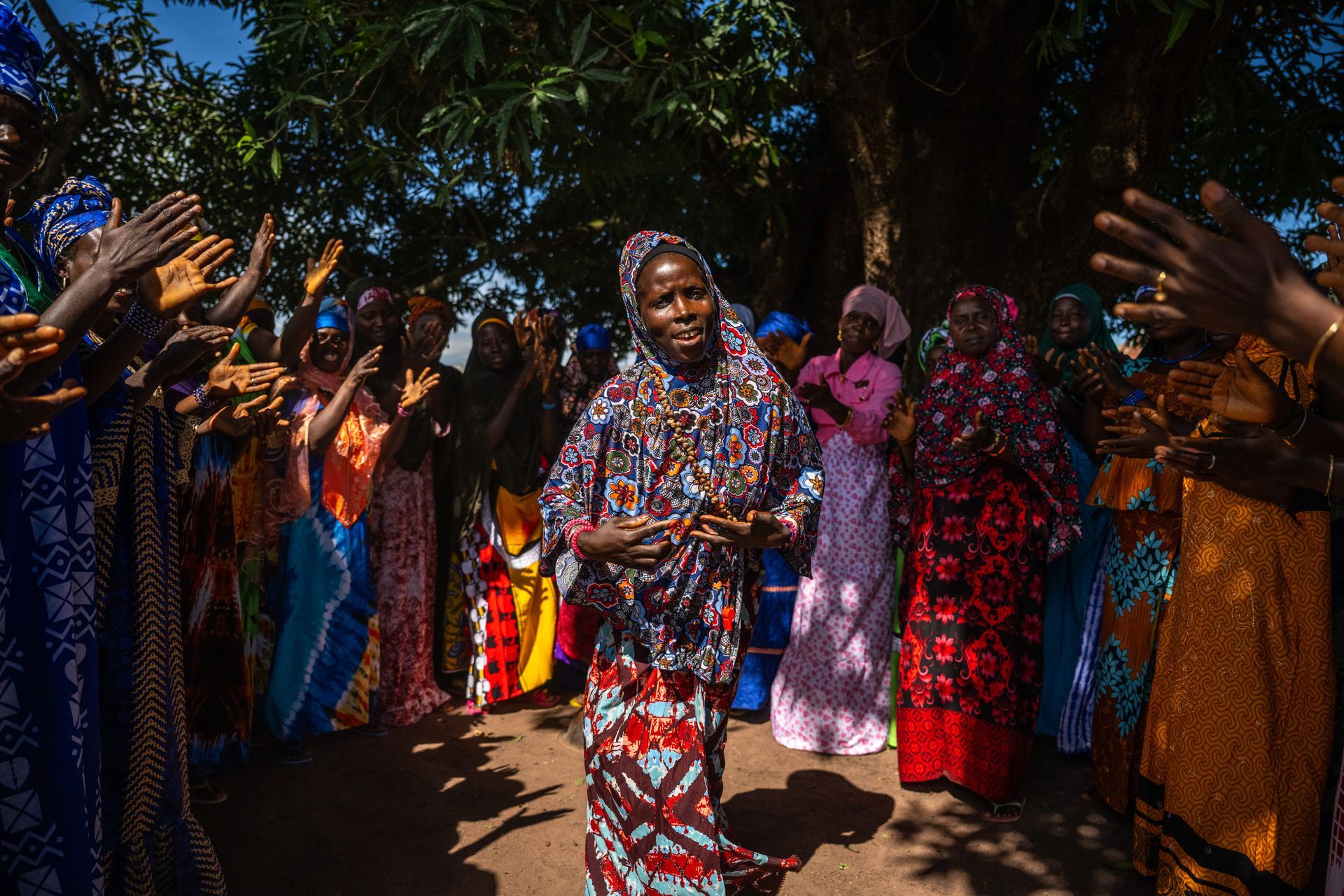What brought you to this moment in your career where the Sustainability Excellence Associate (SEA) made sense for you?
I became interested in environmental integrity and sustainability in my teen “rebellion” years. I went to college for Liberal Arts, but focused on environmental design, participating in the confluence of solar energy and architecture. This resulted in designing a small passive solar building on campus. Once designed, I helped garner federal grant money to obtain components, and organized students to build that building as a credit-bearing course. It still stands today, 37 years later, symbolic (to me) of my early and unwavering commitment.
Over the years, my sustainability interests specifically have involved alternative models in energy, housing, land-use and zoning, food production, small business and local economics, and environmental law and policy. To satisfy my fascinations, I became involved in each of these. My interests typically blurred the line between professional involvement and personal life choices. I worked for a solar company and installed my own solar electric system; I worked for architects and designed my own passive solar house; I studied town zoning and land-use policies and served on my town’s energy and climate committee. The most significant of these activities involved serving on a core committee to create one of the first CSAs in the country and buying land in a rural housing cooperative on an organic farm. There I lived in a grand sustainable experiment in my solar house, heading a solar company, and raising my children for 20 years in the midst of that CSA farm -- and all its sustainable food activities.
Eventually, I attained a master’s degree in Leadership, Public Policy, and Social Issues (MLPPS) focused on sustainability. Once my children graduated, I left the farm and started a new life in NJ. I took my first corporate job with ICF, serving the largest NJ utility, a few years ago. ICF is an international consulting company that works with utilities (and others) in the energy transition managing electrification, decarbonization, and efficiency measures.
How are you putting the knowledge, skills, and ability demonstrated in the SEA to work in your career (or work) today?
I am currently an outreach coordinator for workforce development in the clean energy sector. ICF also provides varying degrees of technical assistance to utilities and government agencies. I aspire to transition my activities to provide more technical assistance aligned with my technical background. Despite my years of history and involvement in sustainability, I did not possess professional credentials, aside from my education. I believe attaining my SEA credential demonstrates my present grit and attention to the world of sustainability professionals, and my desire to stay current in sustainability ideals.
Continuing to stay involved with ISSP and the SEA process immerses me in a world of sustainable compatriots and offers strength, a wealth of knowledge and skills, and camaraderie to draw from, like a nourishing well of sustainability. When I started my journey, the ideas of sustainability were a fringe philosophy I explored alone. Now, they are mainstream. I wanted to clearly and symbolically join in the world of global activities providing direction toward a sustainable society. There is strength and safety in numbers.
For those starting out in the sustainability field, what advice do you have for them?
Stay current. Recognize and explore the connections between how you work on a path toward sustainability and what others do toward that end. Then, connect with them and learn from them. Study what it means to be sustainable, both professionally and personally. Put your proverbial money where your mouth is and “learn by doing” by folding sustainability principles into your own life -- at the levels that you are capable of. Think: housing, energy, food, clothing, education, community involvement, transportation, charity. The more sustainable you become, the more impact you make, and the more you will learn about authentic sustainability. We are, after all, potential stewards of the world and successfully show others by example.
Put time aside and study daily. Take coursework with others doing the same. Interact often enough so you can teach and learn as needed. They are both important activities. Grab a current book title on something related to sustainability and read to promote the unavoidable tangential connections your brain will create in a web of sustainable knowledge. Try to have timely conversations about sustainability issues with family and friends.
Most germane to this writing, obtain your credentials both for what you will gain on the journey toward that end and what you obtain afterwards. With SEA after your name, you demonstrate you are continually committed to the next logical (and hopeful) phase of humanity: sustainability.
Having passed the SEA (and more recently LEED Green Associate) I offer this final advice: Envision yourself in relation to the world as a unique purveyor and representative of sustainability, and lo and behold you will become one.




